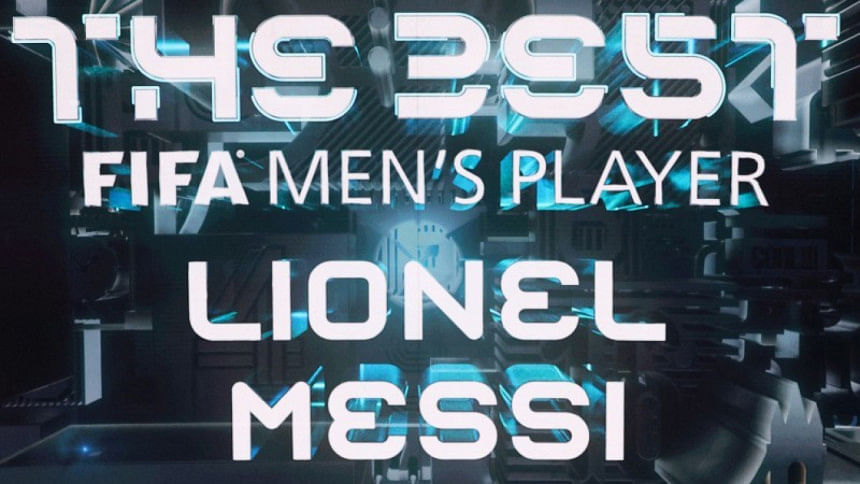Respect for Messi holds off rising stars to individual awards
Lionel Messi may have left the limelight of European football behind, but he remains a magnet to the game’s biggest awards after being crowned FIFA’s best men’s player for 2023 on Monday.
The selection of the 36-year-old over pretenders to his crown Erling Haaland and Kylian Mbappe was a controversial one in the year Messi took what many see as the step down in standard to join Inter Miami in Major League Soccer.
Yet, Messi’s pulling power was still in evidence last year as he quickly conquered the United States.
The eight-time Ballon d’Or winner dragged a hitherto struggling squad to the first trophy ever won by the franchise, which is co-owned by David Beckham, by lifting the Leagues Cup in August.
He also racked up another league title at Paris Saint-Germain prior to leaving Europe behind, but his final few months in the French capital were far from plain sailing.
Messi was booed by the PSG crowd and even suspended by the club for an unauthorised trip to fulfil commercial contracts in Saudi Arabia.
That led to the sense of a genius in decline, albeit one whose peak was arguably higher than anyone before him.
Yet, if Haaland could feel aggrieved that his time is yet to come after scoring 52 goals and winning the treble in his debut season at Manchester City, he need only listen to his manager.
Pep Guardiola was one of those honoured as coach of the year at FIFA’s awards ceremony in London after masterminding City’s Champions League, Premier League and FA Cup success last season.
Guardiola is fully aware of the generational great he was blessed to see up close in four years as Barcelona boss in Messi.
“Always I said that the Ballon d’Or should be in two sections, one for Messi, and after look for the other one, so Haaland should win, yes,” said Guardiola ahead of October’s Ballon d’Or ceremony.
“We won the treble because he scored 50 million goals but of course Messi…the worst season for Messi is the best for the rest of the players.”
It was in scoring 672 goals in 778 appearances for Barca that the tiny man lured to Catalonia from Rosario became a giant of the modern game.
A darting, slightly injury-prone young winger -– who needed Barcelona to pay for growth hormone treatment as a teenager -– became a devastating ‘false nine’, lethal free-kick taker and later the ultimate playmaker.
He even soared to score a memorable header in a Champions League final over Manchester United — one of four times he conquered Europe with Barca.
There were also 10 La Liga titles, seven Copas del Rey and three Club World Cups with the Catalan giants.
Yet the trophy that mattered most took the longest to arrive.
For years Messi struggled with the burden to lead his country to glory, like Diego Maradona did for Argentina at the 1986 World Cup.
Four shots on the global stage passed Messi by, from fleeting appearances as a wonder kid in 2006 through his prime years, including a heartbreaking final defeat to Germany in 2014.
When a teenage Mbappe ran riot to give France a 4-3 victory over La Albiceleste in 2018, there appeared to be a passing of the baton in football’s global order.
Yet, Messi defied father time and Mbappe’s brilliance when the two faced off once more in arguably the World Cup’s greatest ever game in the final of 2022.
Mbappe scored three times to Messi’s two in a captivating 3-3 draw in Doha, but Argentina prevailed on penalties to finally allow Messi to follow in Maradona’s footsteps.
The next wave of superstars, led by Mbappe, Haaland and Real Madrid’s Jude Bellingham and Vinicius Junior are coming, but the respect for Messi from players, fans and journalists has forced them to wait another year for the big individual awards.
londonGBDESK//



Comments are closed.